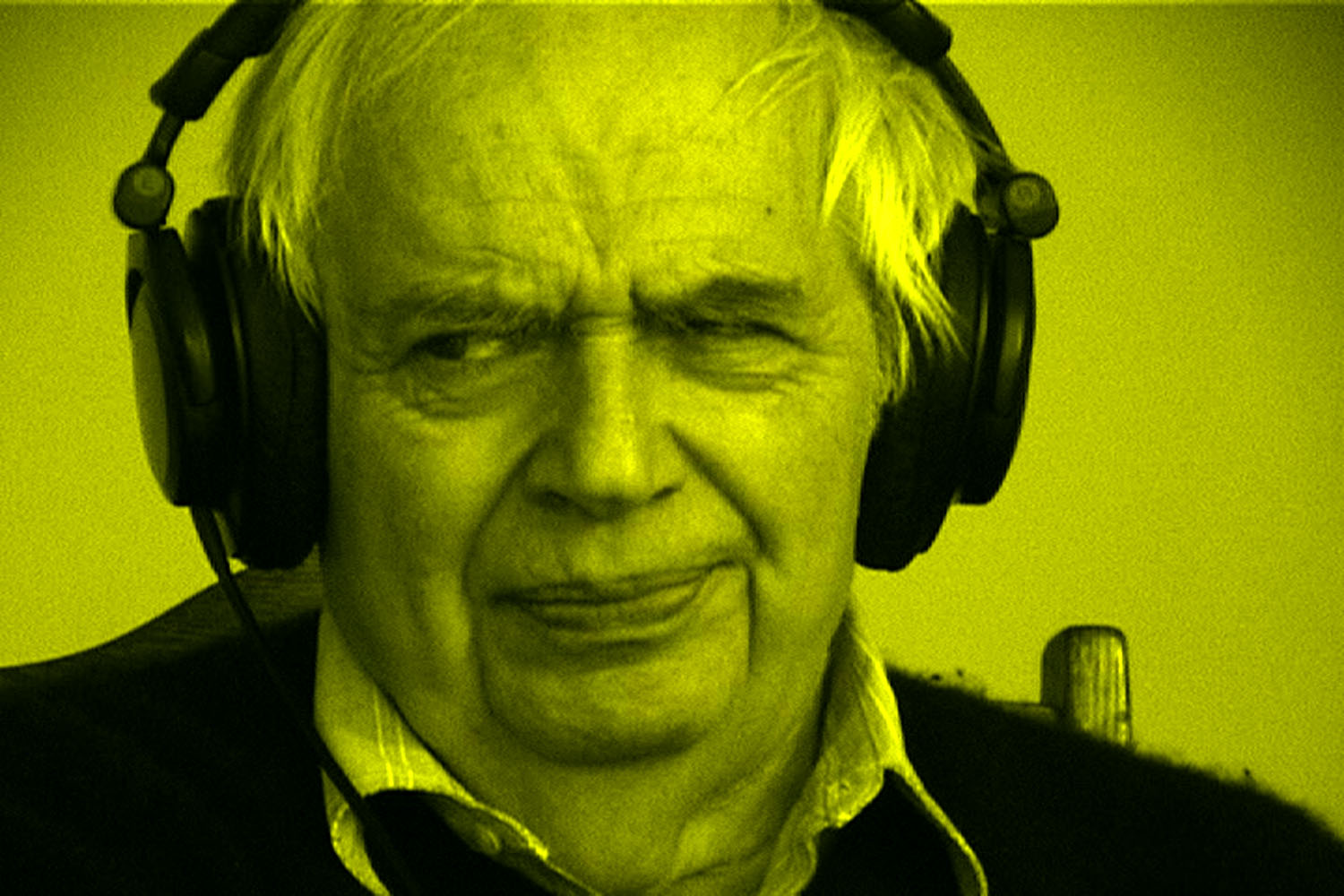Power Quote: Harold Bloom

Poetry and belief, as I understand them, are antithetical modes of knowledge, but they share the peculiarity of taking place between truth and meaning, while being somewhat alienated both from truth and from meaning. Meaning gets started only by or from an excess, an overflow or emenation, that we call originality. Without that excess even poetry, let alone belief, is merely a mode of repetition, no matter in how much finer a tone. So is prophecy, whatever we take prophecy to be.
– Ruin the Sacred Truths (p. 12)
*********SPECIAL BONUS**********
What do you mean you didn’t know that Bloom’s title is drawn from an Andrew Marvell poem about Paradise Lost?
Read Marvell’s “On Mr. Milton’s ‘Paradise Lost'”
Then why not revisit the only Andrew Marvell poem you actually know?

Now let us sport us while we may
Tags: Andrew Marvell, Harold Bloom, Ruin the Sacred Truths

i admit, that is a wonderful and tantalizing quote, but i don’t know what the hell he is talking about when he equates ‘meaning’ with ‘originality’? meaning operates on the mode of reference, of the signifier referring to the signified, how does that imply originality?
by the way, that couple looks like they’re having a good time. that’s a position i haven’t seen before. i’ll have to try that out when i can afford a high-class, period-piece, sexually-repressed and catholically-oppressed prostitute. they’re my favorite.
i admit, that is a wonderful and tantalizing quote, but i don’t know what the hell he is talking about when he equates ‘meaning’ with ‘originality’? meaning operates on the mode of reference, of the signifier referring to the signified, how does that imply originality?
by the way, that couple looks like they’re having a good time. that’s a position i haven’t seen before. i’ll have to try that out when i can afford a high-class, period-piece, sexually-repressed and catholically-oppressed prostitute. they’re my favorite.
that is, unless you make a distinction between ‘meaning’ and ‘meaningful’, in which the latter is defined as a value-based judgment, an inexplicable significance, rather than ‘that which signifies’.
that is, unless you make a distinction between ‘meaning’ and ‘meaningful’, in which the latter is defined as a value-based judgment, an inexplicable significance, rather than ‘that which signifies’.
That picture is fantastic.
That picture is fantastic.
The verse created like thy theme sublime,
In number, weight, and measure, needs not rhyme.
that was good-
The verse created like thy theme sublime,
In number, weight, and measure, needs not rhyme.
that was good-
Keith,
I’m pretty early in my progress through the book myself, so I don’t want to presume to explain Bloom too much, but here’s another pull-quote that sort of outlines his working thesis (this one he liked well enough to put on the back cover):
>>The scandal is the stubborn resistance of imaginative literature to the categories of sacred and secular. If you wish, you can insist that all high literature is secular, or, should you desire it so, then all strong poetry is sacred. What I find incoherent is the judgment that some authentic literary art is more sacred or more secular than some other. Poetry and belief wander about, together and apart, in a cosmological emptiness marked by the limits of truth and meaning.<<
Keith,
I’m pretty early in my progress through the book myself, so I don’t want to presume to explain Bloom too much, but here’s another pull-quote that sort of outlines his working thesis (this one he liked well enough to put on the back cover):
>>The scandal is the stubborn resistance of imaginative literature to the categories of sacred and secular. If you wish, you can insist that all high literature is secular, or, should you desire it so, then all strong poetry is sacred. What I find incoherent is the judgment that some authentic literary art is more sacred or more secular than some other. Poetry and belief wander about, together and apart, in a cosmological emptiness marked by the limits of truth and meaning.<<
That picture’s in the latest Lapham’s Quarterly (“Eros”).
That picture’s in the latest Lapham’s Quarterly (“Eros”).
hmm…. i don’t know man. too many loaded words for me. looks like a scholarly work written as a prose poem.
i appreciate the info justin. i’d be curious to know what you walk away with after finishing it. strikes me as something more enjoyable for the language than the critical analysis it offers.
‘a cosmological emptiness marked by the limits of truth and meaning,’ that’d be one helluva way to end a twilight zone episode.
hmm…. i don’t know man. too many loaded words for me. looks like a scholarly work written as a prose poem.
i appreciate the info justin. i’d be curious to know what you walk away with after finishing it. strikes me as something more enjoyable for the language than the critical analysis it offers.
‘a cosmological emptiness marked by the limits of truth and meaning,’ that’d be one helluva way to end a twilight zone episode.